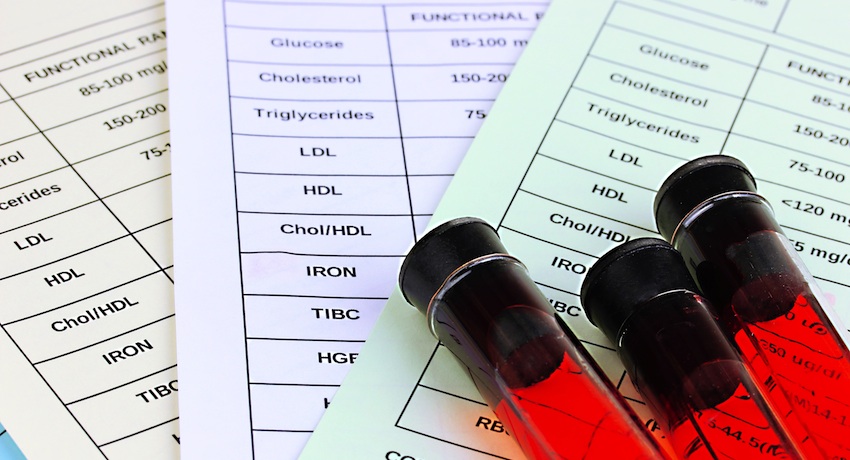Massachusetts Using New HIV Test

Blood tests help detect HIV. HIV test image via Shutterstock.
The Massachusetts Department of Public Health announced this week that they’ve been using a new version of an HIV test on patients during the past year. The new test can detect an HIV infection weeks before previous tests, which is important because the virus is much more easily transmitted during the first weeks of infection.
In a report, the department announced that Massachusetts is the first state to use the new 4th generation test and to make it available to community health providers. It is likely that the test will eventually become the standard HIV testing procedure everywhere. In the report, Department of Public Health Commissioner Cheryl Bartlett says:
“This new generation test is a significant scientific advance in the fight against the spread of HIV. The Massachusetts Department of Public Health saw the potential public health value of this new test as it was being developed. Once it was approved, DPH was poised to put the test into place as quickly as possible and serve as a model for the nation.”
Thanks to this test and other prevention and care initiatives, Massachusetts has seen the largest decline in new HIV infections as compared to any other state, according to the report. The rates of new HIV infections decreased by 45 percent between 2000 and 2010, due much in part to Massachusetts’s health reform efforts (including more Medicaid coverage, Commonwealth Care to subsidize insurance premiums for low-income persons, and extending the community health center system).
Community-based sites often see some of the highest risk individuals for HIV, so the newest version of the test has been distributed at many of these sites since June 2012. The blood samples that are collected are then sent to the Hinton State Laboratory in Jamaica Plain to be analyzed.
What makes this test different from the others? It looks not only for HIV viruses, but also for proteins that belong to the virus itself, which are easier to detect. With these 4th generation tests, HIV infections can be detected within 10 days to two weeks of infection, which is before the patient even shows signs of having HIV antibodies. This is the time when the virus is very present in the blood and body fluids, too, so transmission is more likely. Even better is that aggressive treatment during this early phase of HIV treatment (after detection) can improve the ability to control that infection in the future. Plus, the likelihood of transmission is lower if the individual knows that they are infected. Overall, this improved test is a win-win.


